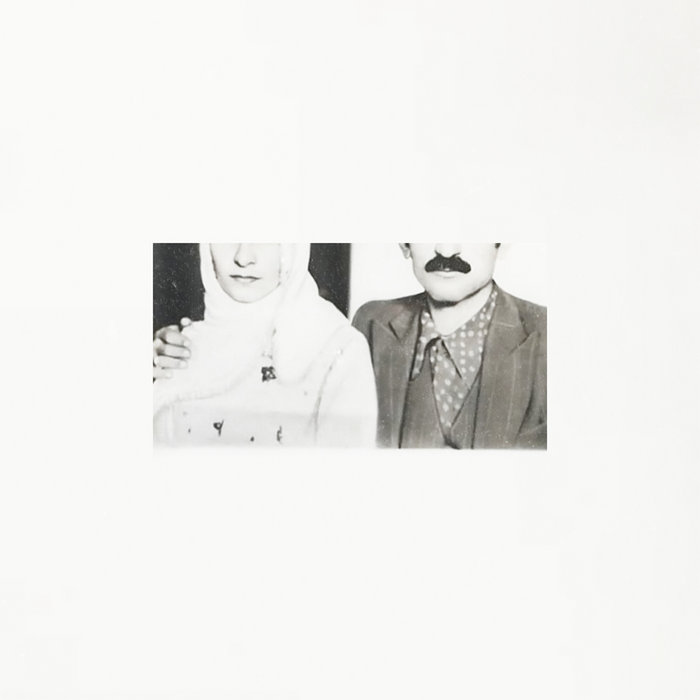We are currently living in a world where more music is being released than any of us can consume. Even the most ardent music obsessive, which I’m guessing you might be, can’t check the majority of it out. So, what do you do? Stick to labels and bands that you are familiar with? Only listen to the new releases of genres you like on Bandcamp? Will you just use your old system of picking unknown stuff that has a cover you like? Or will you use websites, and writers you trust, to point you in the right direction? Whatever your system, this is the best time to find new music to fall in love with. One such EP that is worthy of your time is Turkish pianist zelixana’s modest debut xewn. Modest isn’t the right word, but it feels fitting. In fact, there is nothing modest about the music zelixana creates. Its full of massive, emotional statements that flow from the speakers like velvet.
The first thing that strikes you about xewn is zelixana’a playing. It is firm, forward, but with an edge of fragility to it. On ‘du,’ for example, the melodies are crisp. The playing precise. There is something elegant about the way zelixana plays ‘du’ at a slower tempo. It gives you time to appreciate her dextrous playing. It is the standout moment on the EP. ‘çar’ features diaphanous vocals. At first you don’t realise they are there, but after you’ve clocked them, they are like a siren’s call. It’s all you can focus on. The use of vocals is a nice touch. It adds an extra texture that the previous three songs were missing. Would ‘yek,’ ‘du’ and ‘sê’ benefit from having similar vocals? Probably not. Does ‘çar’ work better because of them? Definitely. Would I like to hear some more vocals on future releases? Yes, as it works so well.
The downside to xewn is its length. At just under 10-minutes it feels a too short to get a proper handle on what zelixana is trying to say. However, none of the songs lose their sense of purpose. They never feel like zelixana is playing something to pad it out a bit. And this is the masterstroke of xewn. After playing it, I immediately wanted to play it again, and again, and again. Which I did. I became lost in its labyrinthine melodies. Through repeat listens I started to pick up things I missed. The way on ‘yek’ zelixana hammers home the notes in the final third more than in the first. The use of space between the motifs on ‘du.’ There is something tranquil about ‘Xewn.’ The melodies are compelling. You can feel the emotional force behind each note zelixana plays. This is a very accomplished, and clever, EP. And one might regret having missed out on.




